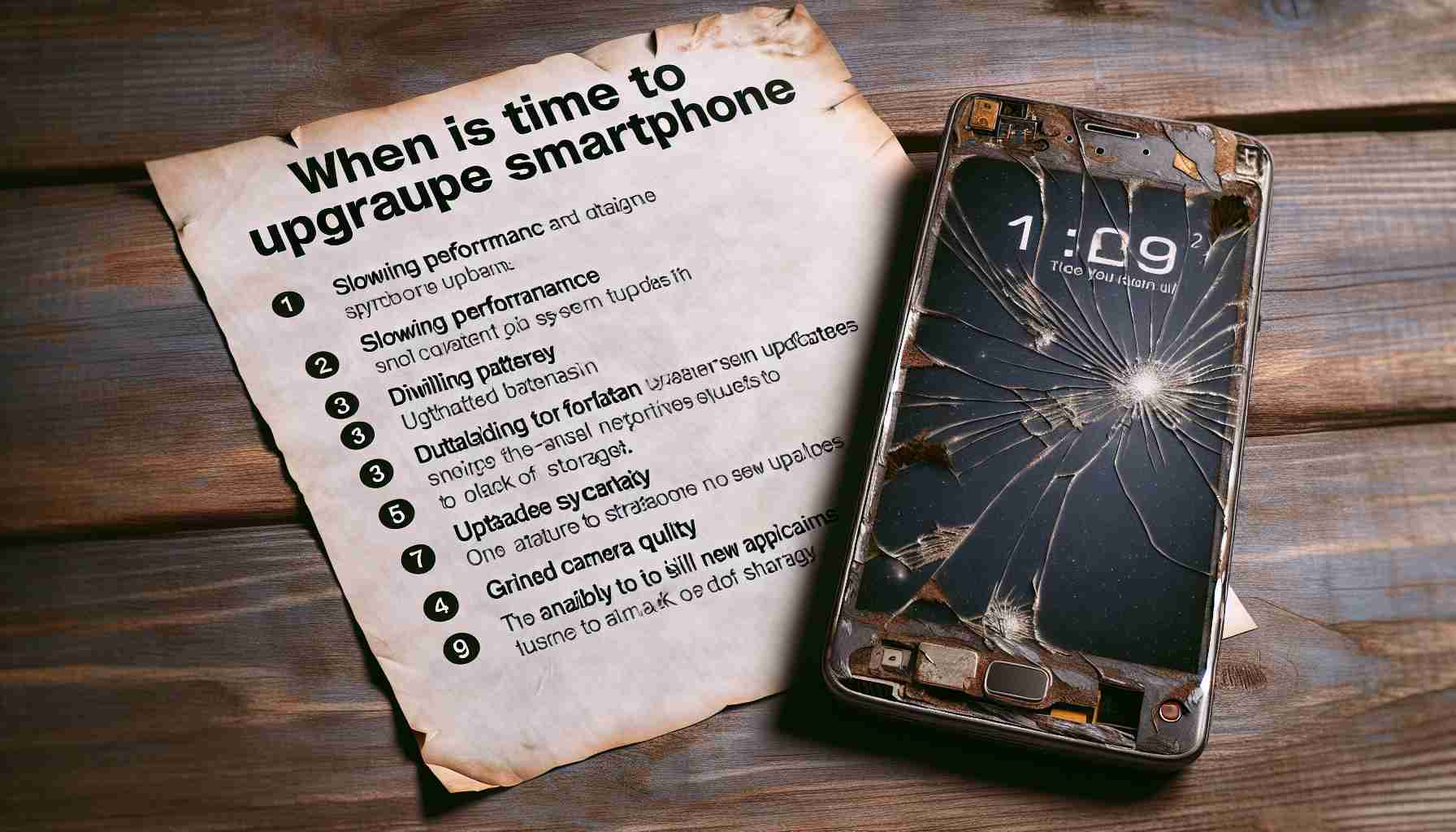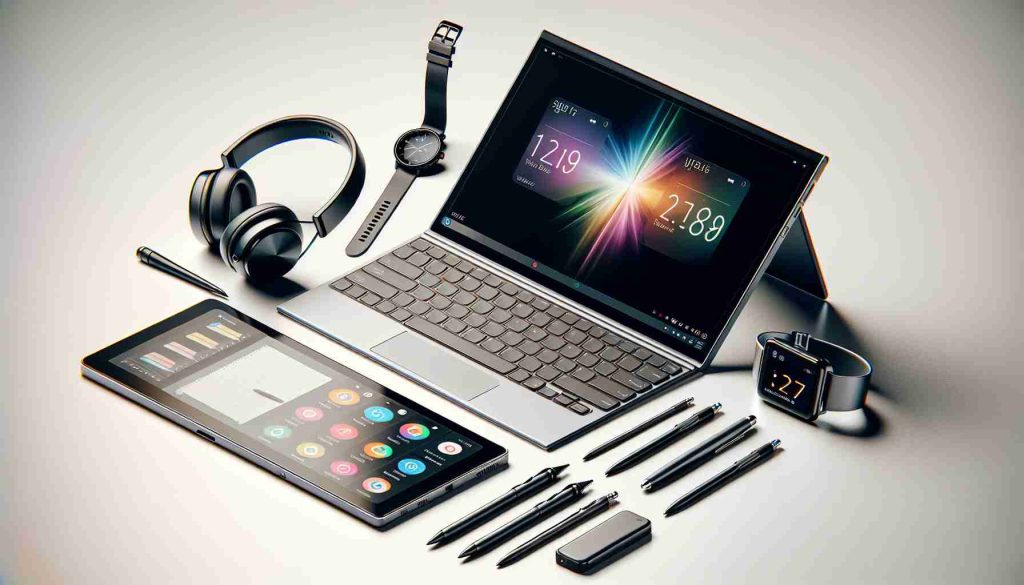Sluggish Performance
Is your once nimble phone now moving at a snail’s pace? Slow app loading, lagging games, and even difficulty scrolling through social media are signs of an outdated processor struggling with modern software. Upgrading to a new phone with a faster processor and more RAM can significantly enhance user experience and efficiency.
Battery Woes
Frequent battery drain can be a major inconvenience. If you find yourself constantly searching for a charger or needing multiple charges per day, it’s a clear indicator of a deteriorating phone battery. New models often offer larger battery capacities or better energy management systems, extending usage time.
Limited Storage Space
The dreaded “storage full” notification can become a nightmare. Constantly deleting photos, videos, and apps is only a temporary solution to dwindling storage space. Modern smartphones provide ample storage options, allowing you to keep memories and favorite apps without worrying about running out of space.
Frequent Crashes and Lag
Dealing with phone freezes or crashes is not only frustrating but also a sign of underlying issues. Whether caused by faulty apps or hardware problems, these disruptions can affect work performance and user experience. New phones are often optimized for software and hardware reliability, minimizing such incidents.
Outdated Software
Using a phone without the latest software updates is akin to neglecting regular maintenance on a car. Missing out on new features, security patches, and performance enhancements signifies the need for an upgrade. New models come with up-to-date software and ensure timely updates.
Diminished Camera Quality
The camera is a vital tool for capturing precious moments. As technology advances, so do the demands for higher image and video quality. If you’re frequently dissatisfied with the camera performance, it may be time to upgrade to a phone with advanced camera systems offering improved low-light capabilities and optical image stabilization.
Physical Damage
Cracked screens, warped frames, or water damage can severely impact a phone’s functionality and aesthetics. While repair is possible, it can be costly and challenging to restore to its original state. Investing in a new phone provides a fresh start without worries of physical damages.
Security Concerns
In today’s digital age, security is paramount. An outdated phone may have vulnerable security features, making it susceptible to cyber threats. New phones are equipped with advanced security measures to safeguard personal information from hackers and malware. Upgrading your device is crucial for online security.
Signs It’s Time to Upgrade Your Smartphone: New Insights
In addition to the familiar signs highlighted in the previous article, there are more factors to consider when determining if it’s time to upgrade your smartphone. Below are some critical questions and relevant information to help you make an informed decision:
Are You Missing Out on 5G Connectivity?
One important aspect to consider is whether your current phone supports 5G networks. With the rollout of 5G technology across various regions, upgrading to a 5G-compatible device can provide you with faster internet speeds and improved overall connectivity for future-proofing your smartphone experience.
Is Augmented Reality (AR) or Virtual Reality (VR) Important to You?
If you’re interested in emerging technologies like AR and VR, upgrading to a smartphone with enhanced capabilities in these areas can open up a whole new world of immersive experiences. Advanced sensors and processing power in newer models can deliver seamless AR apps and VR content.
What About Sustainability and Environmental Impact?
As technology evolves, so do concerns about the environmental impact of electronic waste. By choosing to upgrade to a smartphone with longer software support and durability, you can contribute to reducing e-waste and promoting sustainable practices in the tech industry.
Key Challenges:
One of the key challenges associated with upgrading your smartphone is the cost involved. Newer models with advanced features often come with a higher price tag, making it essential to weigh the benefits against the investment. Another challenge is the rapid pace of innovation, with newer models being released frequently, leading to a constant cycle of upgrades for tech enthusiasts.
Advantages:
Upgrading your smartphone can introduce you to a host of advantages, including improved performance, enhanced camera capabilities, better security features, and access to the latest software updates and innovations. A new device can also offer better battery life, faster charging, and a sleek design that reflects current trends.
Disadvantages:
On the flip side, upgrading too frequently can result in unnecessary spending and contribute to electronic waste. Some users may find the transition to a new device challenging, especially if they are accustomed to the interface and features of their current phone. Additionally, compatibility issues with accessories and peripherals can arise when switching to a different model or brand.
To stay informed about the latest smartphone trends, updates, and reviews, visit TechRadar, a reputable source for tech news and insights in the ever-evolving world of mobile devices. Remember, upgrading your smartphone is a personal decision that should align with your needs, preferences, and budget constraints.























